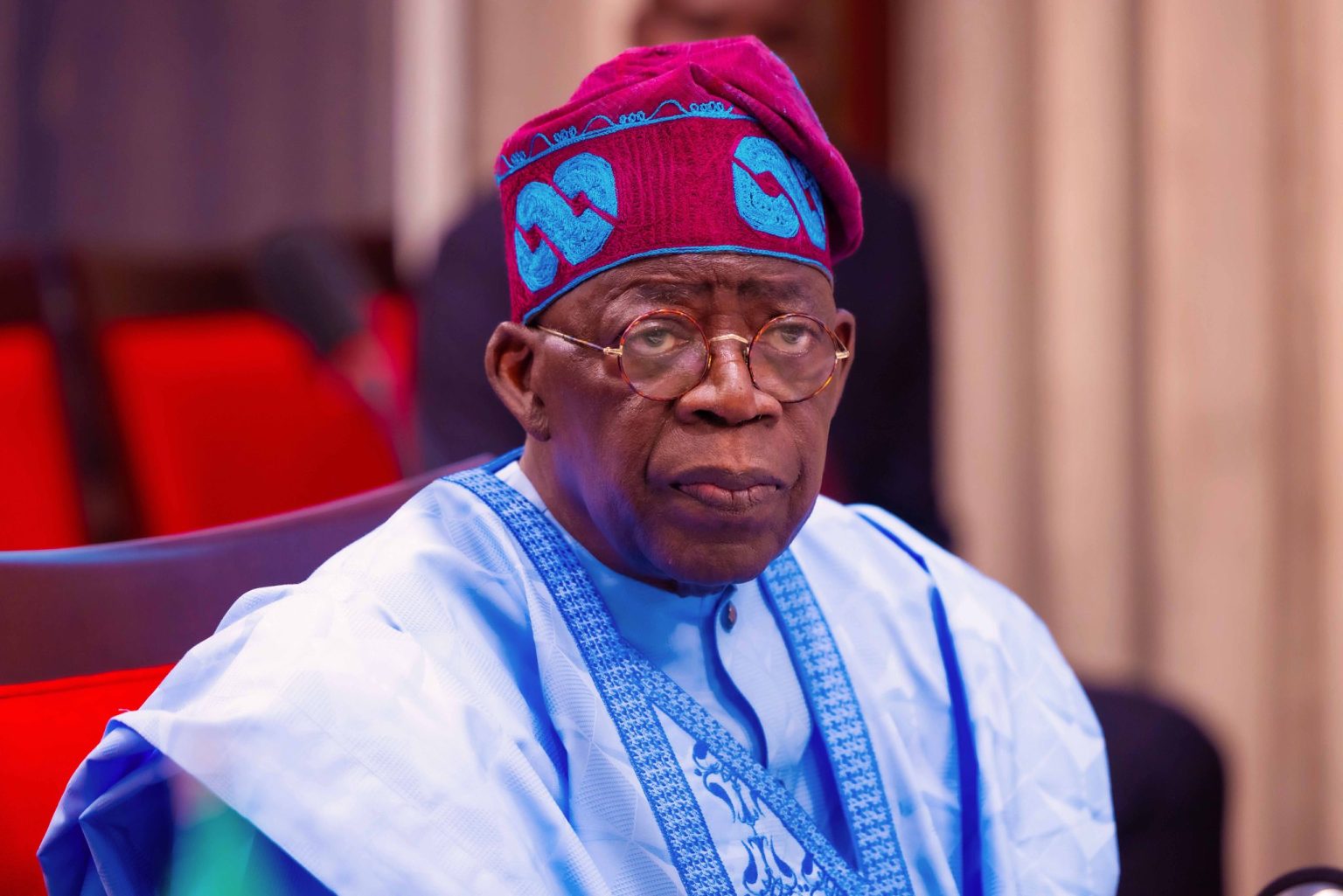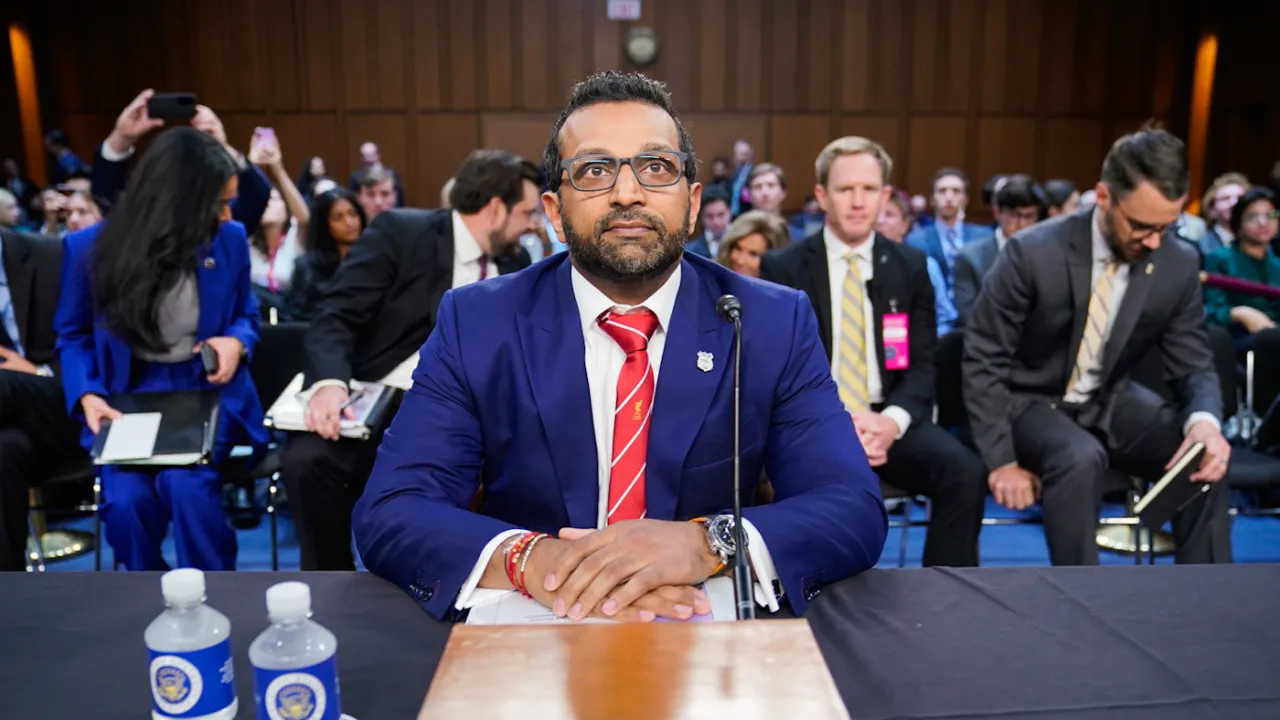Nigerian Military Refutes Amnesty International’s Report on Alleged Extrajudicial Killings in the South-East
The Defence Headquarters of Nigeria has strongly rejected recent allegations made by Amnesty International, which claim that the Nigerian military was involved in the extrajudicial killing of over 1,800 civilians in the South-East region of the country between January 2021 and June 2023.
In its report, titled “A Decade of Impunity: Attacks and Unlawful Killings in Southeast Nigeria,” Amnesty International accused both state and non-state actors—including the military, police, vigilantes, and paramilitary forces—of carrying out widespread human rights violations, such as unlawful killings, torture, arbitrary arrests, and enforced disappearances.
Amnesty’s International Nigeria report 2025
According to Amnesty’s findings, a disturbing pattern of impunity has taken root in the region, with state-backed forces, including the controversial Ebube Agu security outfit, allegedly responsible for numerous atrocities such as house burnings, mass arrests, and summary executions. The rights group asserted that the Nigerian government’s crackdown on pro-Biafra movements since 2015 has escalated tensions and created fertile ground for human rights abuses by both armed groups and security forces.
Amnesty’s Nigeria Country Director, Isa Sanusi, emphasized that the government must end its silence and take urgent action to hold all alleged perpetrators accountable, regardless of their affiliation or official status. He said, “The government must stop turning a blind eye to the unlawful killings and ensure all suspected perpetrators are brought to justice, no matter who they are.”
In a particularly grim highlight, the report noted that in Imo State alone, more than 400 civilians were reportedly killed between January 2019 and December 2021. Communities have allegedly been forced to pay money to armed attackers during burials and traditional ceremonies, and those who resisted were violently targeted.
The report also placed part of the blame on groups like the Indigenous People of Biafra (IPOB) and its armed wing, the Eastern Security Network (ESN), although both organizations have denied involvement in many of the incidents cited. According to Amnesty, a broader ecosystem of violence has emerged—fueled by armed cult groups, criminal gangs, and rogue state security elements operating without accountability.
Military Denies Allegations of Human Rights Abuses in South-East
In a direct response to the report, Major General Markus Kangye, the Director of Defence Media Operations, categorically denied any involvement by the military in extrajudicial killings. He dismissed Amnesty’s claims as baseless and reiterated that Nigerian soldiers operate strictly within legal frameworks.
“What do you mean by extrajudicial killing?” Kangye questioned. “Is it that soldiers carry their weapons, go to the street, and start shooting people? The military is not engaged in any extrajudicial killing in the South-East.”
Other Related Topic: Tragedy in Abuja: Chief Imam’s Son Attahiru Abubakar Shot Dead During Land Dispute
He further argued that Amnesty International has consistently maintained a critical stance against Nigeria’s military operations, often publishing reports that fail to acknowledge the complexities of internal security challenges the military is confronting across various regions.
Supporting Kangye’s statement, Brigadier General Tukur Gusau, the Director of Defence Information, confirmed that all military operations are conducted within the bounds of national and international law, with accountability mechanisms in place. He stressed that the Chief of Defence Staff recently met with a five-member committee, initiated by the Ministry of Defence, to explore improved welfare for military veterans, in response to a protest by some retired military personnel.
Amnesty Calls for Independent Investigations and Justice for South-East Victims
Despite the military’s firm denial, Amnesty International is urging the Nigerian government to initiate prompt, impartial, and transparent investigations into all alleged cases of human rights violations in South-East Nigeria. The organization also stressed that victims and their families must be given access to justice, truth, and effective remedies.
This call to action comes amidst growing concerns over state-backed violence, the weaponization of vigilante groups, and the breakdown of trust between local communities and security agencies in the South-East.
Analysis: Human Rights, National Security, and the Struggle for Accountability in Nigeria
This ongoing exchange between Amnesty International and Nigerian security agencies highlights the growing tension between national security imperatives and the need to uphold human rights.
Amnesty’s report paints a grim picture of lawlessness, where both state actors and armed non-state groups commit atrocities with little fear of reprisal.
Nigeria’s military, on the other hand, maintains that its actions are within legal boundaries and insists that its presence in the South-East is aimed at combating terrorism, separatist violence, and banditry—not harming civilians.
This raises complex questions about the rule of law, accountability, and the limits of military engagement in civilian-populated regions.



0oq1jd
vlfse8
самоклеющаяся пленка венге купить самоклеющаяся пленка венге купить .
дизайнерская мебель для гостиной в современном стиле дизайнерская мебель для гостиной в современном стиле .
натяжной потолок 12 м натяжной потолок 12 м .